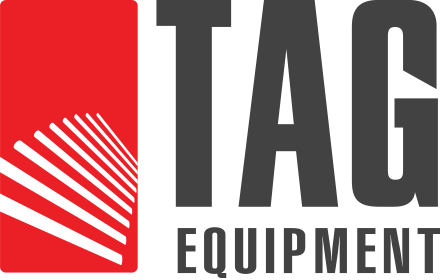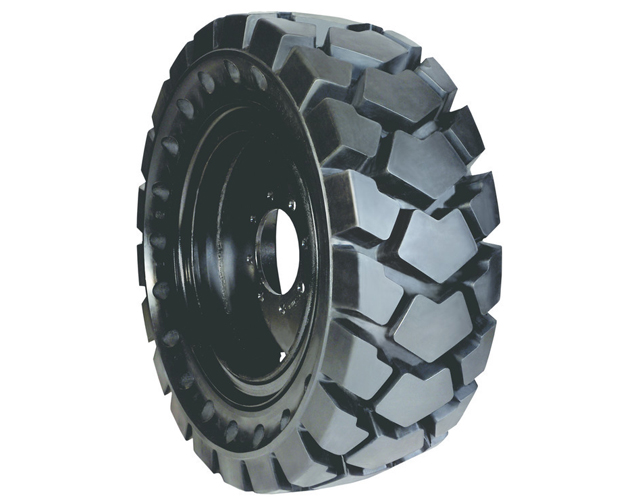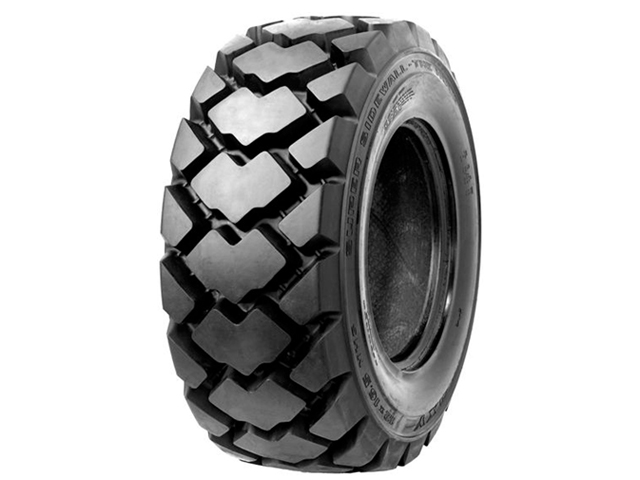Skid steers are the most preferred compact equipment machines because of their unmatched versatility and performance. However, choosing the wrong skid steer tires can compromise this. Since tires are one of the most expensive components of the machine, you should have adequate knowledge before shopping for them. Moreover, the return on your investment depends on your choice of tires.
Whether you want flat-proof or solid tires or pneumatic tires, selecting the right tire for an application is crucial. This will help maximize the equipment’s performance and reduce unnecessary breakdowns and maintenance costs. Read on to learn how to ease the selection process and buy the right ones for your machine.
Questions to Ask When Buying Skid Steer Tires
Which Application Do You Plan to Use the Equipment for?
When buying skid steer tires, you need to pick the right ones for different applications. Understand the surface conditions you want to operate on and consider types of loads, usage by the operator, tread patterns, and tire specifications to make the correct choice. This will enhance the overall performance and improve the longevity of the tires.
Which Factors Must You Consider When Buying Skid Steer Tires?
Evaluating these critical aspects will help you make the perfect tire choice and achieve the lowest operating cost:
10 Crucial Factors that Affect the Tire Performance
- Ground conditions
- Road type
- Debris on the job site
- Inflation pressures
- Ambient temperature
- Speed of the machine
- Service cycles and machine maintenance routine
- Types of attachments and their size
- Load density
- Compact equipment and tire’s make and model
Do You Need Solid Tires or Pneumatic Tires?
Solid Tires for Skid Steers
These tires are durable, cost-effective in the long run, and offer the lowest operational cost on harsh surfaces. They last long as they are made using the highest quality rubber compounds. Additionally, they have excellent tear strength, which helps to keep their structure intact even on debris-covered ground. They are easy to install because they are mounted on a rim wheel.
Pneumatic Tires
If you want to use skid steers for general construction tasks or agricultural purposes, pneumatic tires are ideal. They have thick sidewalls, provide maximum traction and grip, and ensure a comfortable ride. Moreover, they have lower up-front costs.
Usage of Tires
Here are some examples of usage of pneumatic and solid tires:
| Applications | Type of Tires |
|---|---|
| Construction | The right tire for a construction project will depend on the site's ground conditions. You can use pneumatic tires on job sites with smooth pavement. However, flat-proof or solid tires are ideal for harsh terrains. |
| Demolition | These jobs require durable solid skid steer tires to move over the debris on the ground. |
| Recycling | With broken metal, glass and other objects present on the site, using solid tires is beneficial. |
| Mining | Although you can use pneumatic tires with caution, using solid ones will allow better performance on the rugged terrain. |
| Standard Usage | For driving over dirt and sand, pneumatic tires are the perfect option. |
What are the Different Tread Patterns Available?
The industry and type of terrain you want to use your skid steer on will help you decide the most suitable tread design. Shallow ones are better if you plan to work on roadways. However, if you need to operate over sand, mud, gravel, dirt, or other loose materials, you should opt for deeper treads that give better traction.
Here are the most preferred options:
- Off-Road Treads – are perfect for use in any condition, regardless of snow, mud, gravel, or sand.
- On-Road Treads – are ideal for concrete and asphalt grounds. They offer smooth rides for skid steer loaders.
- All-Terrain Treads – have deep grooves and are the right choice for all types of surfaces. They offer a better grip on asphalt roads and loose materials such as sand, snow, or gravel.
How Do I Measure a Skid Steer Tire?
Buying the wrong size skid steer tires can increase downtime and maintenance expenses. Here are a few essential things you need to keep in mind to determine the correct tire size:
- Height – Ascertain the between the bottom and top of the tire.
- Width – Look for the widest part of the tire and measure from one side to the other.
- Rim Diameter – At the widest part of the tire, ascertain the distance between one side of the rim to the other.
- Hub Diameter – Measure the distance between one side of the tire’s hub to the other, at the widest part.
- Stud Center – Measure from the center of two opposite studs.
- Bolt Holes – Count the number of bolt holes and calculate their diameter.
When Should I Buy Replacement Skid Steer Tires?
If your skid steer tires are showing signs of wear and tear, you need to replace them as soon as possible. Ripped-off tread, torn or missing portions, and cracking indicate that replacement tires are required. If you fail to do so, you may have to deal with expensive downtime. This is why it is better to be proactive and monitor your tires regularly to know when you should replace them.
Should I Ask My Skid Steer Tire Dealer for Help?
Choosing the right dealer is essential when purchasing skid steer tires and other components. Consider working with a reputable company with specialists to recommend the most suitable options for you. Discuss your needs and ask for their opinion to find the right tire for your compact equipment.
Get the Best Range of Skid Steer Tires with Tag Equipment
Tag Equipment offers a wide range of tires for all makes and models of skid steers in Ontario. We provide the highest quality products at the best prices. Our selection includes pneumatic or air-filled tires, solid or flat-proof tires, tire chains and steel wheel rims.
Brands We Carry for Skid Steer Tires
- Camso
- Galaxy
- PrimeX
- Traxter
For more details about our products, you may call us at 416-716-5850. We will be happy to assist you and help you find the most appropriate tires for your skid steer loaders!
Also Read:


